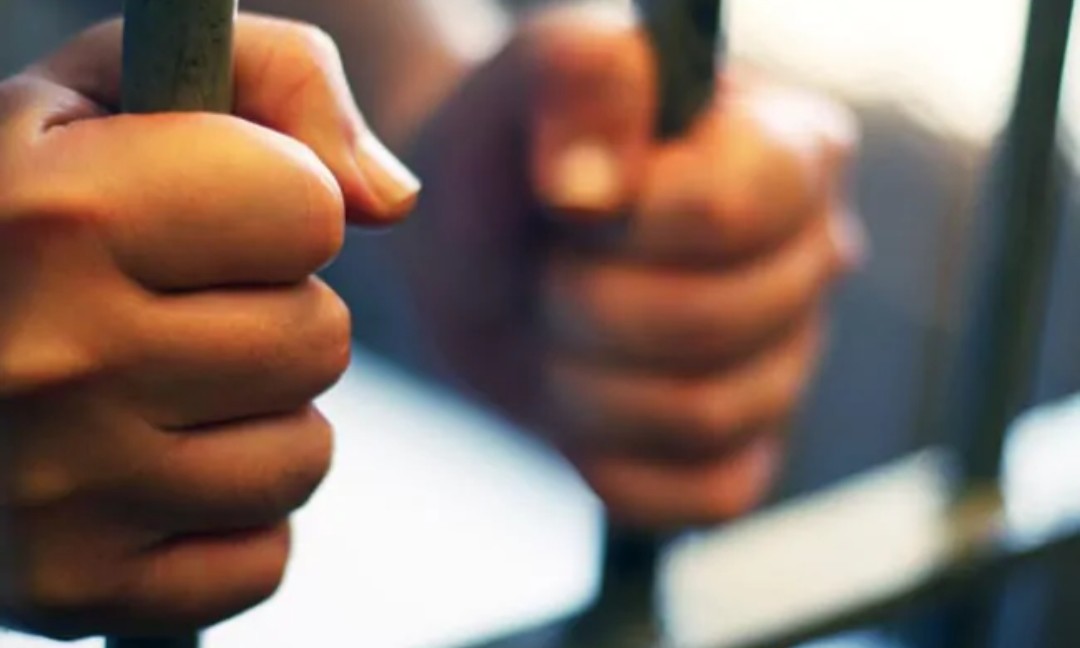Jammu: The Jammu and Kashmir prisons department is planning to conduct Cognitive Behavioral Therapy for Insomnia (CBT-I) across all jails in the union territory to help the inmates overcome issues related to attitude and behaviour before their release, its chief said on Tuesday.
Director General of Police, Prisons, V K Singh said the decision to go for mass CBT-I was taken after the successful conduct of the maiden initiative by the department in collaboration with the University of Jammu and Government College for Women, Parade at district jail Amphalla here.
“The department is planning to conduct the CBT-I in other jails of the Union Territory. Training of the trainers from amongst the staff is being planned at Jammu and Srinagar and is expected to be held next month, Singh told reporters here.
Singh, who was flanked by Head of Psychology department, University of Jammu, Arti Bakshi and Assistant professor, clinical psychologist, Government College for Women, Parade, Piyali Arora who conducted the CBT-I at the jail over the past three months, said the therapy would help the inmates in other jails to undergo correctional process in the attitude and behaviour and hopefully (they) will be able to integrate better in the society on release .
Sharing their experience with the inmates, the academicians said analysis of sleep related data collected from 569 inmates suggested that 61 of them had sleep difficulties as they slept for three hours or less on an average.
The target group of 61 inmates including six women was selected on the basis of baseline data identifying those who figured high on the insomnia severity index, they said.
They said the intervention comprised evaluation of sleep problems, sleep log monitoring, exercises for improved sleep hygiene, relaxation techniques, addressing dysfunctional belief related to sleep assessing treatment compliance and review of the participants’ progress.
The data also revealed that only 11 per cent had sleep difficulty before being incarcerated which increased to 74 per cent on admission in prison which shows scope for CBT-I at start, Bakshi said.
CBT-I was conducted with these 61 inmates and feedback analysis revealed that there has been a significant improvement in quality of sleep or sleeping duration of these inmates as 66 per cent had benefited over a period of three months, he added.
Appreciating the resource persons for their professional commitment and dedication, the DG prisons said the core of prison administration is correctional service which seeks to reform the inmates and enables them to reintegrate as healthy adults within the community on release.
Accordingly, a need was felt to address sleep problems for better reformation of inmates which led to the planning and implementation of this intervention, he said.
Arora said sleep problems effect the health of inmates adversely and long term sleep problems among inmates may lead to memory issues, poor concentration, weak immune system, susceptibility to diabetes, depression, anxiety, suicide ideation, which in turn create an extra burden on the system and pose serious challenges in correction.
District Jail Superintendent Mirza Saleem Ahmad Beig said the intervention was facilitated within the jail premises with strict observance of the guidelines for social distancing, use of face masks and regular hand washing in view of the COVID-19 pandemic.
Raj Kumar, a Delhi resident who is under imprisonment in the jail for the last six months, thanked the prison authorities for the intervention and said he had benefited by the initiative.

